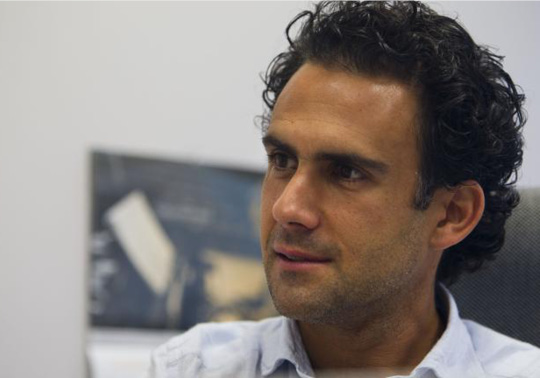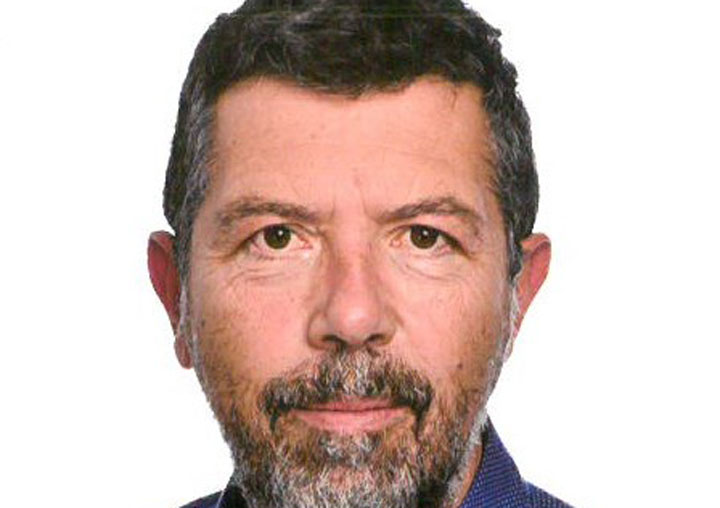Professor José Elías Esteve makes the Constitutional Court revise the ‘Tibet case’
- January 12nd, 2017

The professor of International Law and secretary of the Institute of Human Rights of the UV (IDH), José Elías Esteve, has made the Constitutional Tribunal admit the individual appeal for protection to revise the validity of the closing of the ‘Tíbet case’, in which different leaders of the People's Republic of China, among them we could find the former chairman, Jiang Zemin and the former prime minister, Li Peng, were attributed with genocide.
The decision appealed by professor José Elías Esteve, who has played the role of attorney in the Tibet Support Committee, is a result of the restrictive legal reform which led to a tremendous reduction in universal jurisdiction, approved by the Government of Rajoy in March 2014, after the pressures of the Chinese Government and which as a consequence led to the dismissal of the cases of people under investigation for offences such as drug dealing, money laundering and procuring.
The dismissal of the Tibet case also led to the closing of other cases in Spain at international level such as Guantánamo, Couso, Flotilla de Libertad against the authorities of Israel, Falun Gong... The Supreme Court ratified the decision of dismissal in a sentence of 6 May 2015. An individual appeal for protection was presented against that verdict before the Constitutional Court, since it was said that the legal reform of universal justice went against different precepts of the Spanish Constitution. José Elías Esteve has claimed that “the current admission carried out by the Constitutional Court gives hope not only to the Tibetan victims but also to other major conflicts which had been abandoned”. And he added that “the fact that judges deeply debate the controversial modification of the law for universal jurisdiction opens the debate according to which international law cannot be relegated into the background; and even more, when the inner legal reform was publically supported by an autocratic government and justified by an alleged and unquestionable interest of the defence of public debt.”
Alan Cantos, head of the Tibet Support Committee, has noted that “not only does it give hope to the victims of the Tibet case and other cases, but also it alleviates the national and international shame, establishing again Universal Justice in Spain where its application was exemplary and admired. We will have to learn to say no to China before we get attracted in their more than predictable fall. Our relationship with the giant power cannot be a ‘a Facebook friendship’, an euphemism to sell ourselves and sell our possessions, including our basic principles."
In months to come judges of the Constitutional Court will decide if the reform of universal justice is unconstitutional, which would lead to the opening of the case, or on the other hand, to definitely terminate the case; in this last scenario, the last resort would be to turn to the European Court of Human Rights in Strasbourg.
+ Info: http://links.uv.es/ND8afr1
















